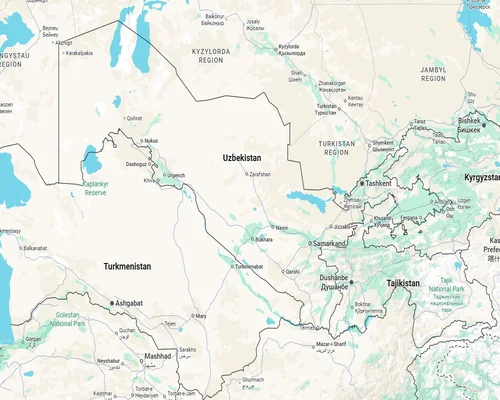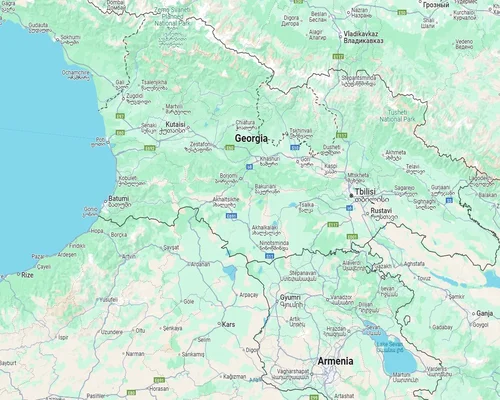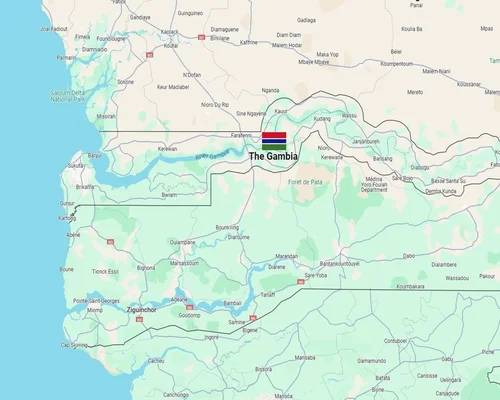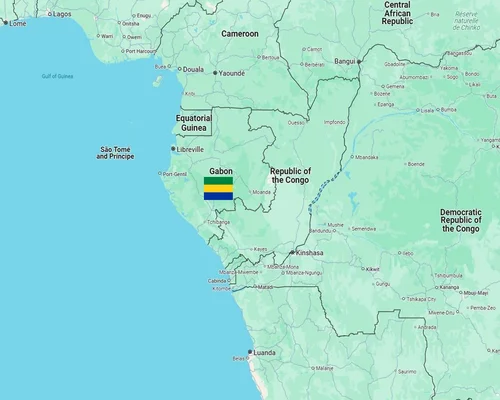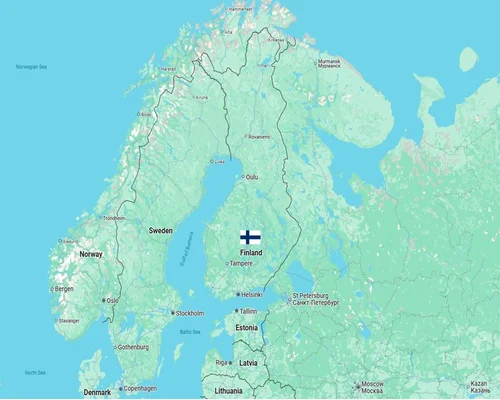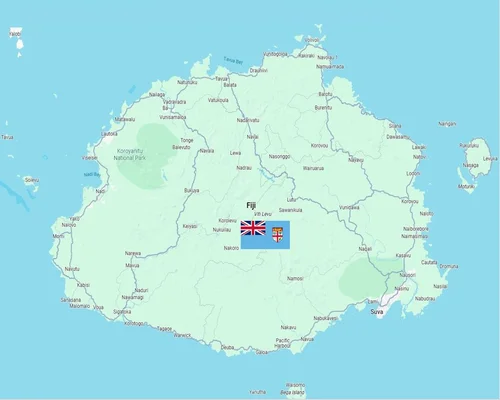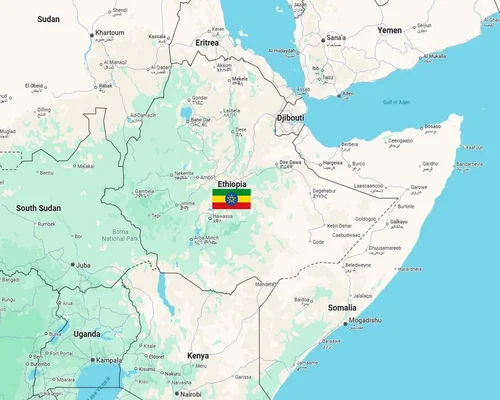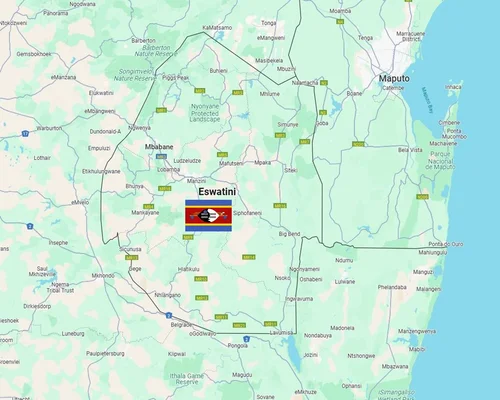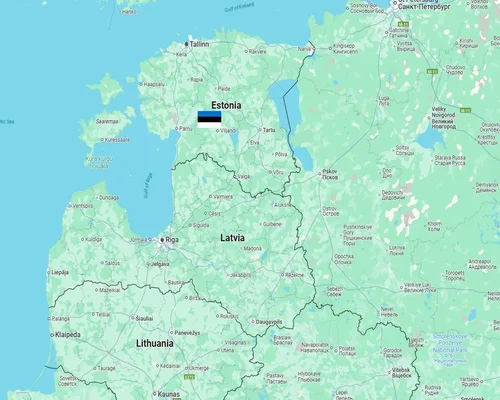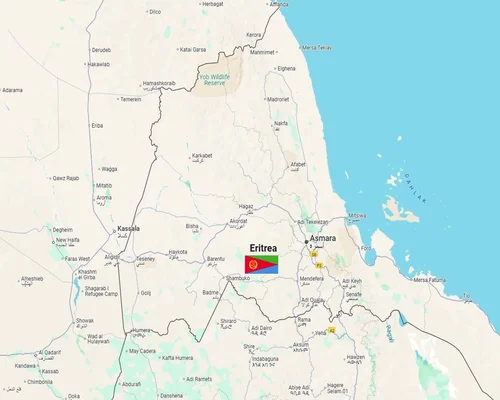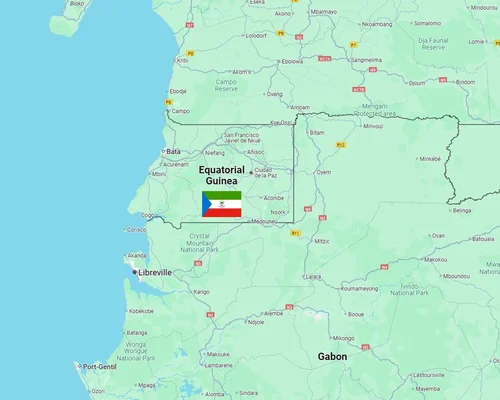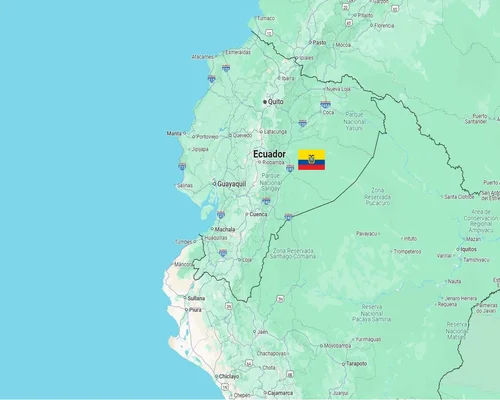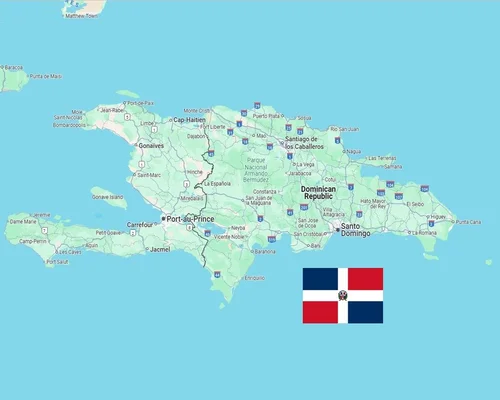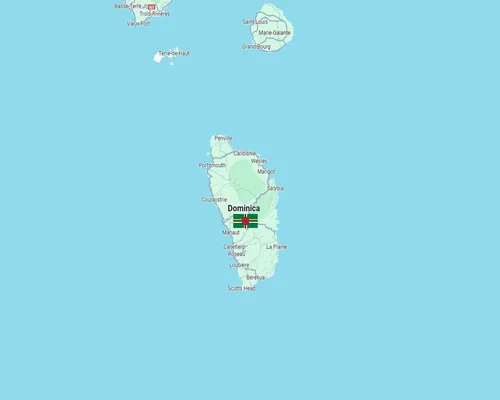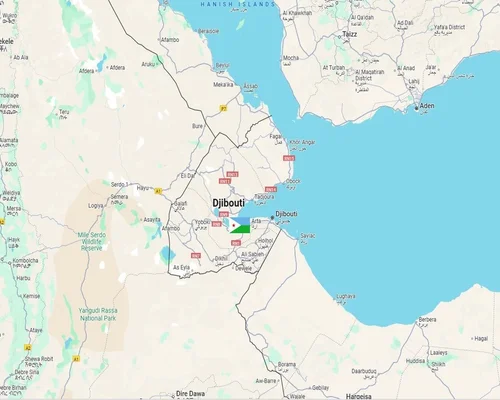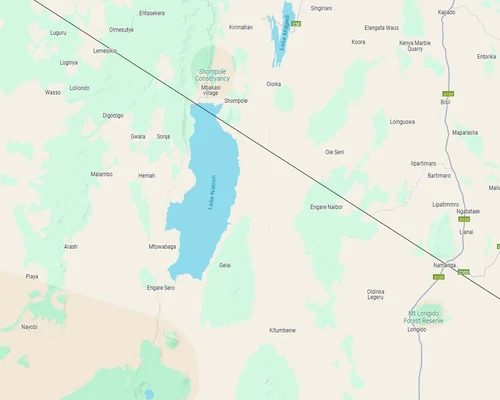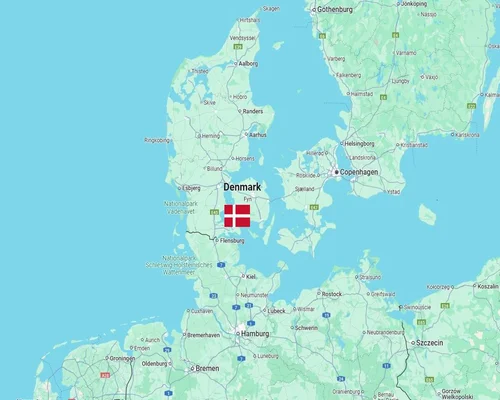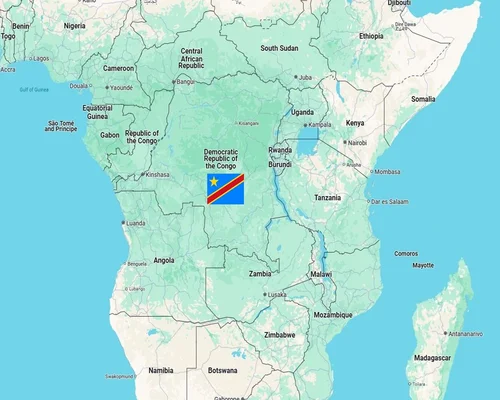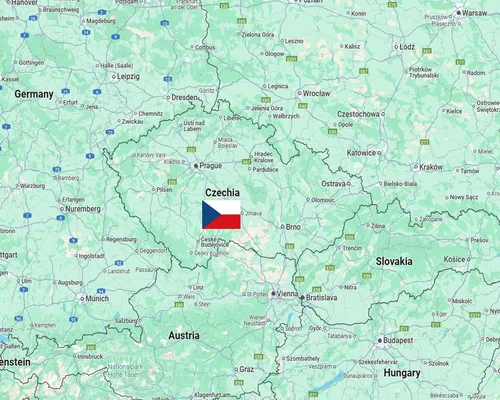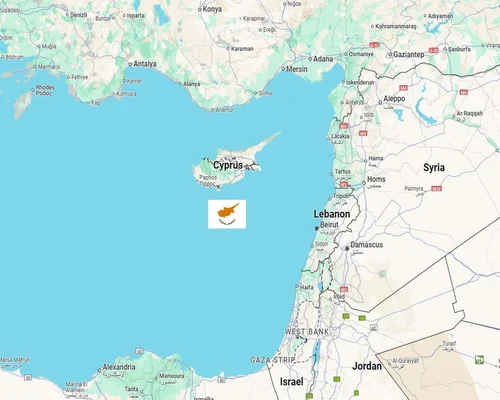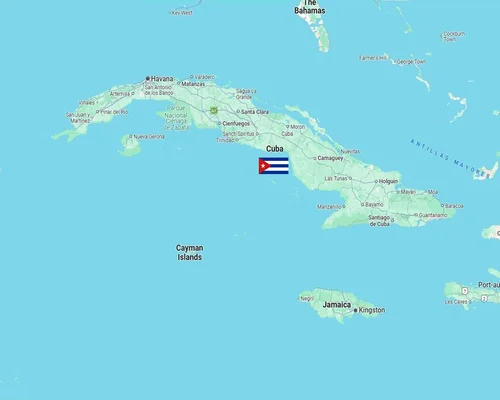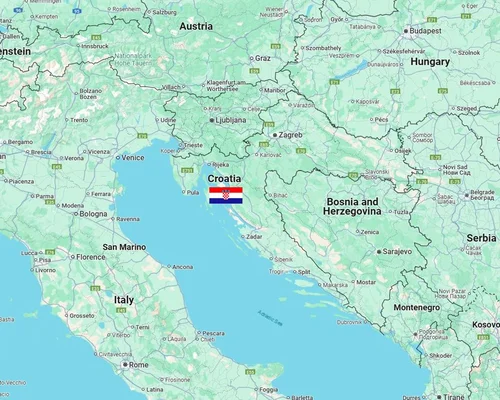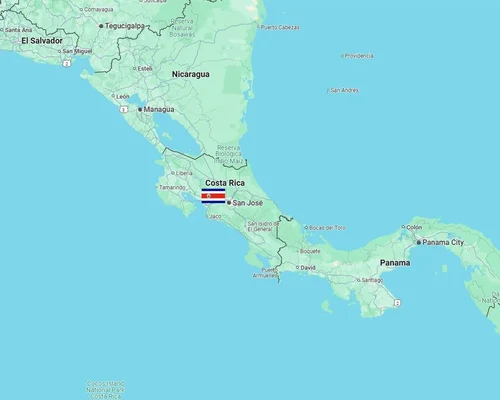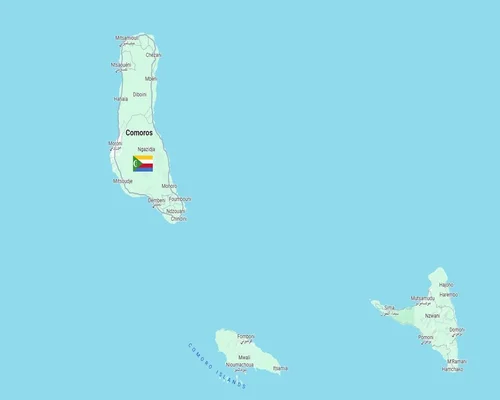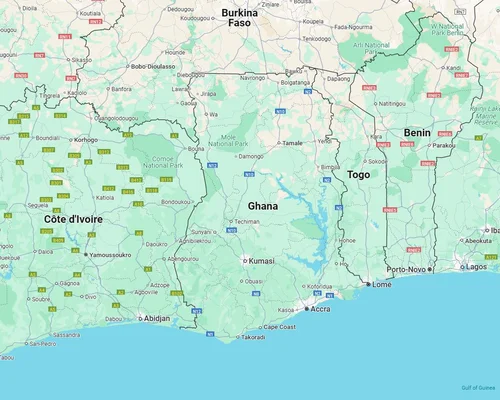
Fact About Ghana
Information about Ghana
Detailed information about Ghana
Basic information
- Official name: Republic of Ghana
- Capital: Accra
- Area: 238,533 sq km
- Population: About 33 million (2023 estimate)
- Government: Democratic republic
- Main language: English (official language), also various local languages such as Twi, Ewe, Dagomba, etc. are used
- Currency: Ghanaian cedi (GHS)
- Calling code: +233
- Internet domain: .gh
- Independence: 6 March 1957 (from Britain)
Geographical location and nature
- Location: A country located in West Africa, bordered by Togo to the east, Ivory Coast to the west, Burkina Faso to the north, and the Atlantic Ocean to the south.
- Topography: Consists of plains, mountains, forests, and coastal areas.
- Climate: Tropical, generally divided into summer and rainy seasons.
History and political context
- Ancient empires: Ghana was once part of the Ashanti Empire.
- Colonial rule: European colonial rule began in the 15th century by the Portuguese. The British later took over and it became known as the Gold Coast.
- Independence: It gained independence from Britain in 1957 under the leadership of Kwame Nkrumah, making it one of the first independent countries in Africa.
Economy and major industries
- Gold: Ghana was known as the "Gold Coast" and is one of the world largest gold producers.
- Cocoa: Ghana is the world second largest producer of cocoa.
- Oil and gas: The petroleum sector has become important since the discovery of offshore oil fields in 2007.
- Agriculture: Coffee, cocoa, cassava, maize, and oilseeds are produced.
- Tourism: Famous for its historic forts, national parks and wildlife.
Culture and Society
Religion:
- Christian: 70% (mainly Protestant and Catholic)
- Muslim: 20%
- Indigenous Religion: 10%
Language:
- The official language is English , but local languages Twi, Ewe, Dagomba, Fanti, etc. are widely spoken.
Traditional Clothing:
- Kente cloth is known worldwide, made from colorful threads.
Festivals and Cultural Events:
- Homowo Festival – One of the main festivals of the Ga people.
- Akwasidae Festival – A traditional festival of the Ashanti dynasty.
Traditional Food:
- Fufu – A type of food made from a mixture of cassava and plantain.
- Banku – A food made from maize and cassava.
- Jollof Rice – A popular rice-based dish in West Africa.
Special places and tourist attractions
- Cape Coast Castle: Historical fort used for the slave trade.
- Kakum National Park: Wildlife sanctuary with a suspension bridge.
- Lake Volta: One of the largest artificial lakes in the world.
- Mole National Park: Famous for elephants, Hanuman and other wildlife.
- Ashanti Palace: Bears the memory of the traditional Ashanti dynasty.
Challenges and problems of Ghana
- Poverty: Despite rapid economic growth, poverty rates are still a challenge.
- Corruption: Corruption at the government level is a major problem.
- Environmental pollution: Deforestation, river pollution and plastic waste are on the rise.
- Education and health: Despite increasing literacy rates, quality education and healthcare are limited in rural areas.
Conclusion
Ghana is one of the most stable, prosperous and traditional countries in Africa, known worldwide for its production of gold, cocoa and oil. It is emerging as one of the most important countries in Africa with its historical heritage, diverse culture, and rapidly growing economy. If you want to experience the history, natural beauty, and diverse culture of Africa, Ghana could be a great destination!

